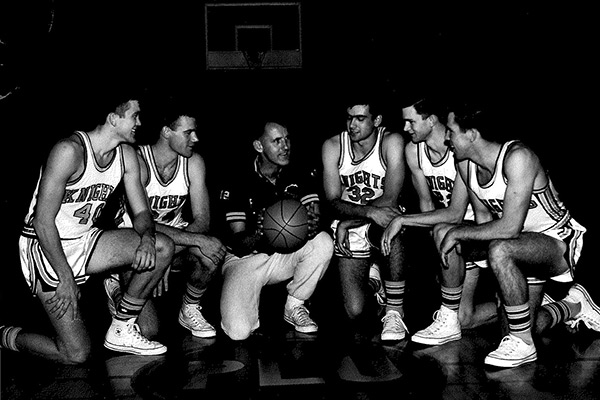Page 464 • (4,655 results in 0.149 seconds)
-
: Intermediate Poetry Writing An intermediate-level workshop that focuses on the analysis and writing of poems. Prerequisite: ENGL 227. (4) ENGL 328 : Theories of Reading and Writing - ES Students are introduced to philosophical, social, and pragmatic issues confronting teachers of writing. Required for certification by the School of Education and Kinesiology. (4) ENGL 329 : Intermediate Fiction Writing - CX An intermediate-level workshop that focuses on the analysis and writing of fiction. Prerequisite
-
provide certain types of qualifying public services Which types of federal student loans qualify for PSLF? • Any non-defaulted loan you received under the William D. Ford Federal Direct Loan (Direct Loan) Program. • Only Direct Loans are eligible for PSLF. If you borrowed before July 1, 2010, some or all of your loans may have been made under an older federal student loan program called the Federal Family Education Loan (FFEL) Program. There are additional actions you can take to make your FEEL loan
-
provide certain types of qualifying public services Which types of federal student loans qualify for PSLF? • Any non-defaulted loan you received under the William D. Ford Federal Direct Loan (Direct Loan) Program. • Only Direct Loans are eligible for PSLF. If you borrowed before July 1, 2010, some or all of your loans may have been made under an older federal student loan program called the Federal Family Education Loan (FFEL) Program. There are additional actions you can take to make your FEEL loan
-
: Mental Health Assessment & Intervention (4)SOCW 573: Policy Practice & Advocacy in Health Care (4) SOCW 585: Advanced Practicum Experience II (4)SOCW 595: Advance Practicum Experience III (4)SOCW 565: SUD Assessment & Intervention (4) SOCW 500+: Elective (4) Practicum ExperienceThe practicum experience is the signature pedagogy in social work education. At the Master’s level, students are required by CSWE to complete at least 900 hours of practicum work. Students have opportunities to practice their
-
Outcomes by McDonald o Evaluation and Testing in Nursing Education by Oermann and Gaberson
-
in any 60-minute period and those employees who work in food service and environmental services positions are most affected. 5.2 Policy PLU will protect the health of its employees by recognizing the risks of temperature related injuries and illnesses and controlling those risks through a combination of employee education, administrative, engineering, and protective equipment controls. The use of these controls will vary based on the work environment and needs of the employees. 5.3
-

people about it, they are often surprised. Maybe it isn’t so surprising given what we learned at PLU — the values of a liberal arts education: going to small classes, and knowing our professors. We also learned a lot playing basketball on a team that traveled long hours on buses, playing in a cracker box gym, receiving five dollars for meal money each day, warming up before games to gospel music played on an old pipe organ. These experiences teach you something no class really can: teamwork
-
interest, I am struck by the general lack of concern for animals in universities. It seems to me that nonhuman animals have not fared well in American higher education. Photo taken during a J-term course in Uruguay in 2014 by Mariann Funkhouser (‘16) When I refer to academic animals, I am not referring directly to animal experimentation in universities, though this is a related issue. Rather, I refer to the ways academics are likely to conceptualize nonhuman animals—the animals we construct, the animal
-
individual sponsor — a member of the faculty or administrative staff; a department or program connection — signature of chair required; unit endorsement — signature of dean required. Offers should be coordinated by the Wang Center for Global and Community Engaged Education (where international visiting scholars’ arrangements currently are coordinated). Obligations of the Host: The initiating trio is responsible for hosting the visitor (international visitors in particular may need assistance with housing
-
apart. Scott graduated in 1996, earning a bachelor’s degree in history with a minor in political science. Rebecca graduated with an education degree two years later. She teaches fourth grade in Chelan. After working a technical job at Boeing right out of college, Scott Benson changed course and the pieces started falling into place for his future in the wine business. “We made a very abrupt plan to move down to Willamette Valley,” a region in Oregon known for its wine, Benson said of him and his
Do you have any feedback for us? If so, feel free to use our Feedback Form.


